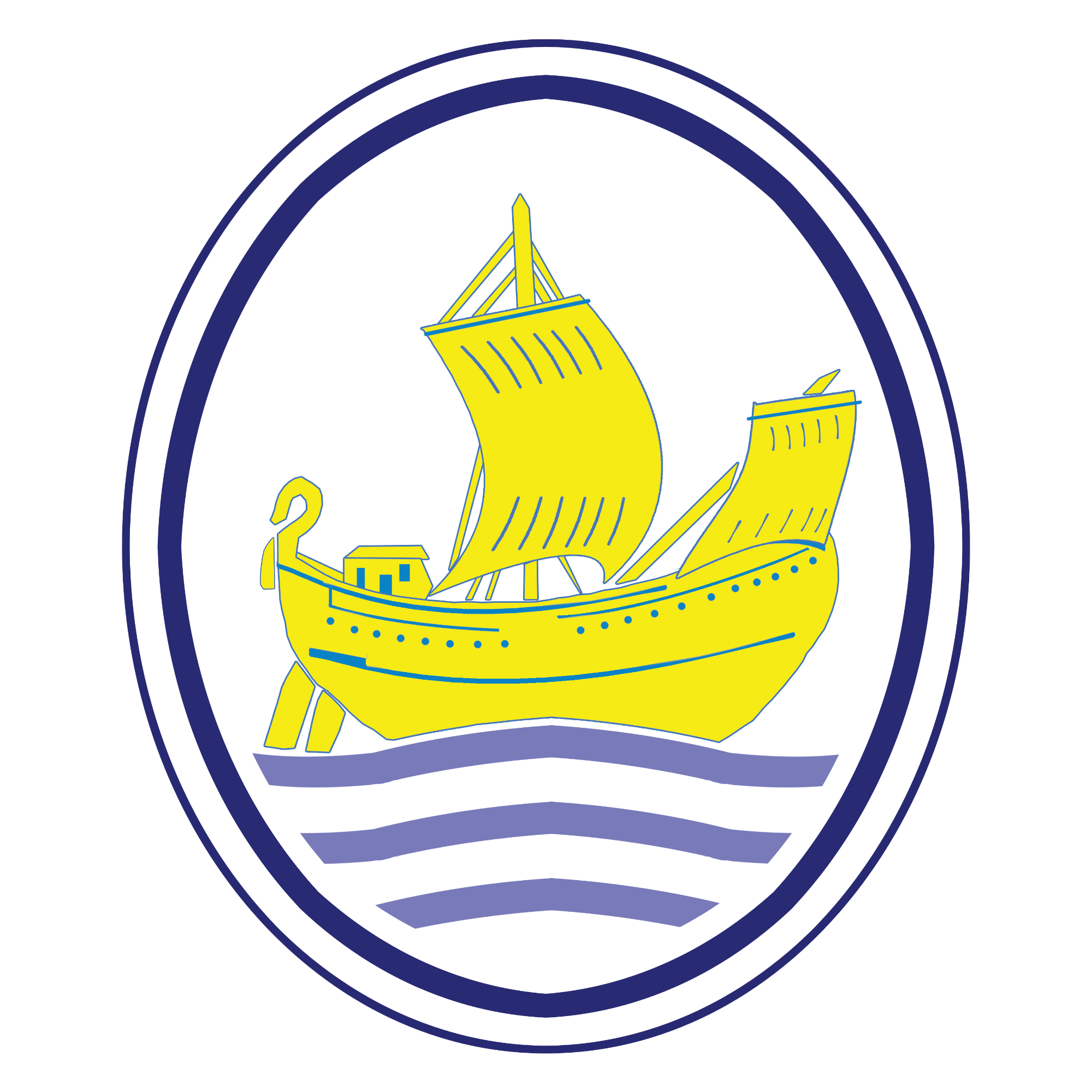Computing
How do we teach Computing at St Barnabas?
At St Barnabas we aim to teach Computing in a way that inspires our pupils to engage and enthuse with a subject that impacts upon our modern society. We embrace the ethos of the Computing at School Community and adopt their pedagogical aims and aspirations, some of which are outlined below.
The 2014 national curriculum introduced a new subject, computing, which replaced ICT.
Computing is concerned with how computers and computer systems work, and how they are designed and programmed. Pupils studying computing will gain an understanding of computational systems of all kinds, whether or not they include computers. Computational thinking provides insights into many areas of the curriculum, and influences work at the cutting edge of a wide range of disciplines.
Why is computational thinking so important? It allows us to solve problems, design systems, and understand the power and limits of human and machine intelligence. It is a skill that empowers, and one that all pupils should be aware of and develop competence in. Pupils who can think computationally are better able to conceptualise, understand and use computer-based technology, and so are better prepared for today’s world and the future.
Computing is a practical subject, in which invention and resourcefulness are encouraged. The ideas of computing are applied to understanding real-world systems and creating purposeful products. This combination of principles, practice and invention makes computing an extraordinarily useful and intensely creative subject, suffused with excitement, both intuitive…”it works!” and intellectual “that is so beautiful”.
The focus of the Computing programme of study moves towards programming and other aspects of computer science. Programming has been part of the primary national curriculum right from the start, as ‘control’ or ‘sequencing instructions’. There is more to computer science than programming, it incorporates techniques and methods for solving problems and advancing knowledge, and includes a distinct way of thinking and working that sets it apart from other disciplines. Every core principle can be taught or illustrated without relying on the use of a specific technology.
The role of programming in computer science is similar to that of practical work in the other sciences – it provides motivation, and a context within which ideas are brought to life.
Information technology deals with applying computer systems to solve real-world problems. Things that have long been part of ICT in schools, such as finding things out, exchanging and sharing information, and reviewing, modifying and evaluating work, remain as important now, for a broad and balanced technological education, as they ever were. The new programme of study provides ample scope for pupils to develop understanding, knowledge and skills in these areas, as you’ll see from some of the examples in this guide.
